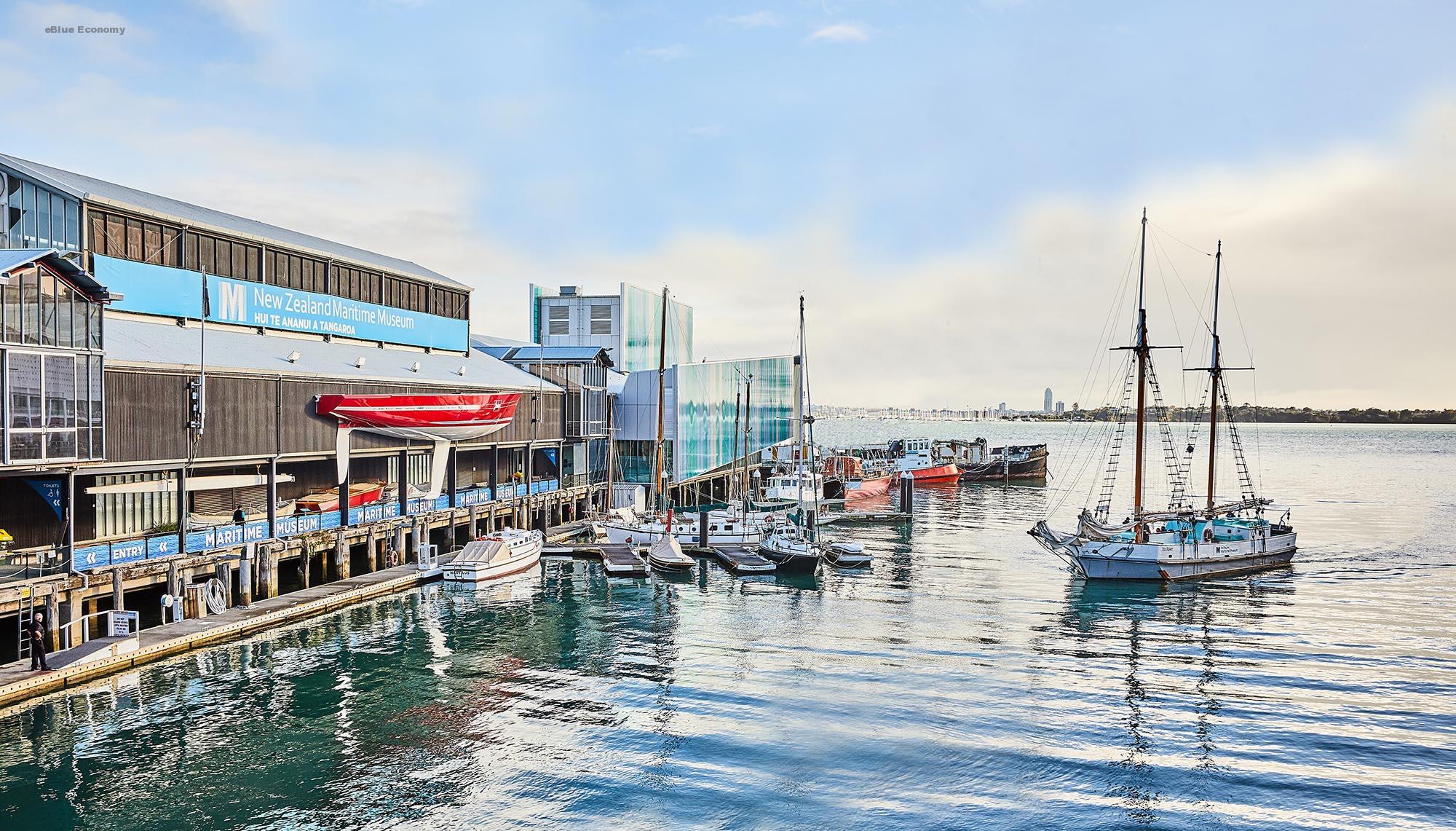“insert: (c) the facilitation of, or support for, seafarer welfare services.”
London. UK. In a historic move, the New Zealand government has updated its Maritime Transport Act 1994 to reflect the effective lobbying undertaken by the New Zealand Seafarer’s Welfare Board with the supporting independent report into failures to financially support seafarers and their welfare services by Human Rights at Sea issued in April 2020 with attached Counsel’s opinion. The legislative amendment comes into force today.
The Regulatory Systems (Transport) Amendment Act 2021 (30 March 2021) comes into force with the key amendment to Section 191 amended (Maritime levies) which crucially states “After section 191(2)(b), insert: (c) the facilitation of, or support for, seafarer welfare services.” This updates Part 14 General provisions relating to shipping.

Background
The commissioned HRAS report ‘New Zealand: Under-Funding of Seafarers’ Welfare Services and Poor MLC Compliance‘ was issued on the 16 April 2020 with five key recommendations:
-
Recommend that the New Zealand Government immediately review the funding mechanism, or lack thereof, for shore-based seafarers’ welfare facilities and services under the MLC throughout the State;
-
Recommend that the New Zealand Government draft and propose relevant amendments to national legislation to support seafarer’s welfare services, for example to the Maritime Transport Act 1994 in order to give effect to Regulation 4.4 of the MLC;
-
Recommend that the New Zealand Government introduce an updated compulsory port levy system in line with that advocated by the ITF ICC, and other maritime welfare organisations, which specifically focus on sustainably delivering seafarers’ welfare services;
-
In the alternative, it is recommended that the New Zealand Government ring fence and allocate part of the current Maritime Levy currently in place to assure future funding and the protection of seafarer’s welfare facilities and services;
-
Recommend that the SWB raise a formal complaint with the ILO for non-compliance with a Convention obligation should the New Zealand Government fail to subsequently act.”
As reported by HRAS on 22 April 2020, the Seafarer’s Welfare Board (SWB) stated: “The report’s recommendations, which the SWB fully concur with, offer a clear way forward to ensuring that when seafarers arrive in New Zealand ports, they will continue to receive the standard of care and welcome they so richly deserve.”
This followed the headline statement by SWB Chair, the Rev John McLister, that: “It is not something we can sustain into the future. We desperately need the shipping companies, port authorities and all those who profit from the maritime sector to make some financial contribution to the care of crews coming ashore in New Zealand.”
As reported by HRAS in April 2020, “To date, it has been the uncompromising charity of local people and parishioners in terms of their funding and volunteering in affected port communities that has been, and continues to be, the backbone of the provision of assistance to visiting seafarers, noting the current COVID-19 restrictions.”
In May 2020, Maritime New Zealand designated seafarer welfare representatives as ‘essential workers’ and provided clear advice for port welfare service providers in terms of their role, available support and the access that they can gain to seafarers.
New Zealand Government Actions
In October 2020, the New Zealand Government announced that it intended to amend the Maritime Transport Act 1994 to enable the existing maritime levy to fund the services required for seafarers’ well-being. The then 2020 Labour Government’s transport policy and manifesto for Workplace Relations and Safety stated:
“Ensuring that Seafarer Welfare Centres provide better services. A report by Human Rights at Sea earlier this year found that seafarers’ shore-based welfare facilities and services are inadequate and at Akaroa there is no seafarers’ centre at all. Under the Maritime Labour Convention New Zealand has an obligation to provide for crews who come ashore in New Zealand but this is currently funded largely through charitable sources which isn’t sufficient to provide adequate facilities.

Labour will ensure that Seafarer Welfare Centers provide services to the level required by the ILO Maritime Labour Convention 2006 by amending the Maritime Transport Act 1994 to enable the maritime levy to fund the services required for seafarers’ well-being.”
On the 9th March 2021, Transport Minister Michael Wood announced that the Government was fulfilling its per-election commitment to allow more support to seafarers visiting New Zealand.
Prior to the passing of the Bill, Maritime levies under section 191 of the Maritime Transport Act were used for a wide range of shipping-related and regulatory purposes, but those purposes did not include seafarer welfare services.
Minister Wood stated in March 2020 that: “The Seafarers Welfare Board currently relies on donations to coordinate facilities at our ten main ports. By giving them long-term funding certainty, we will meet our international commitments and ensure that services to support seafarers’ well-being continue to be provided,”















